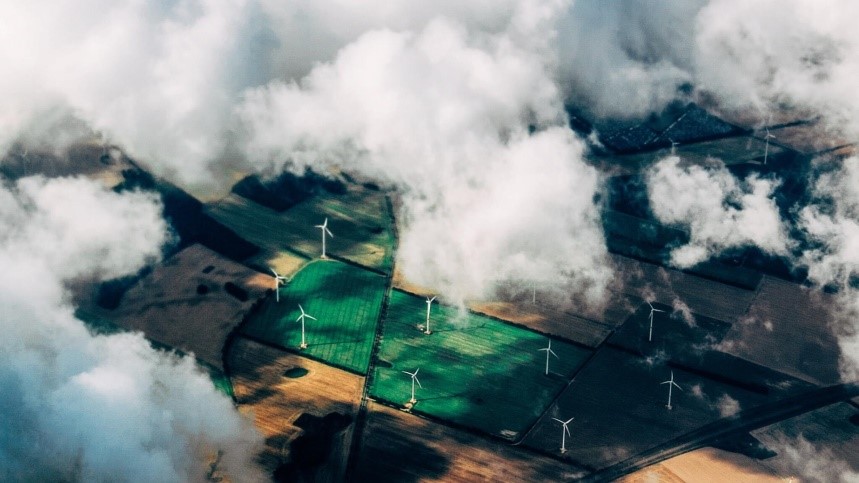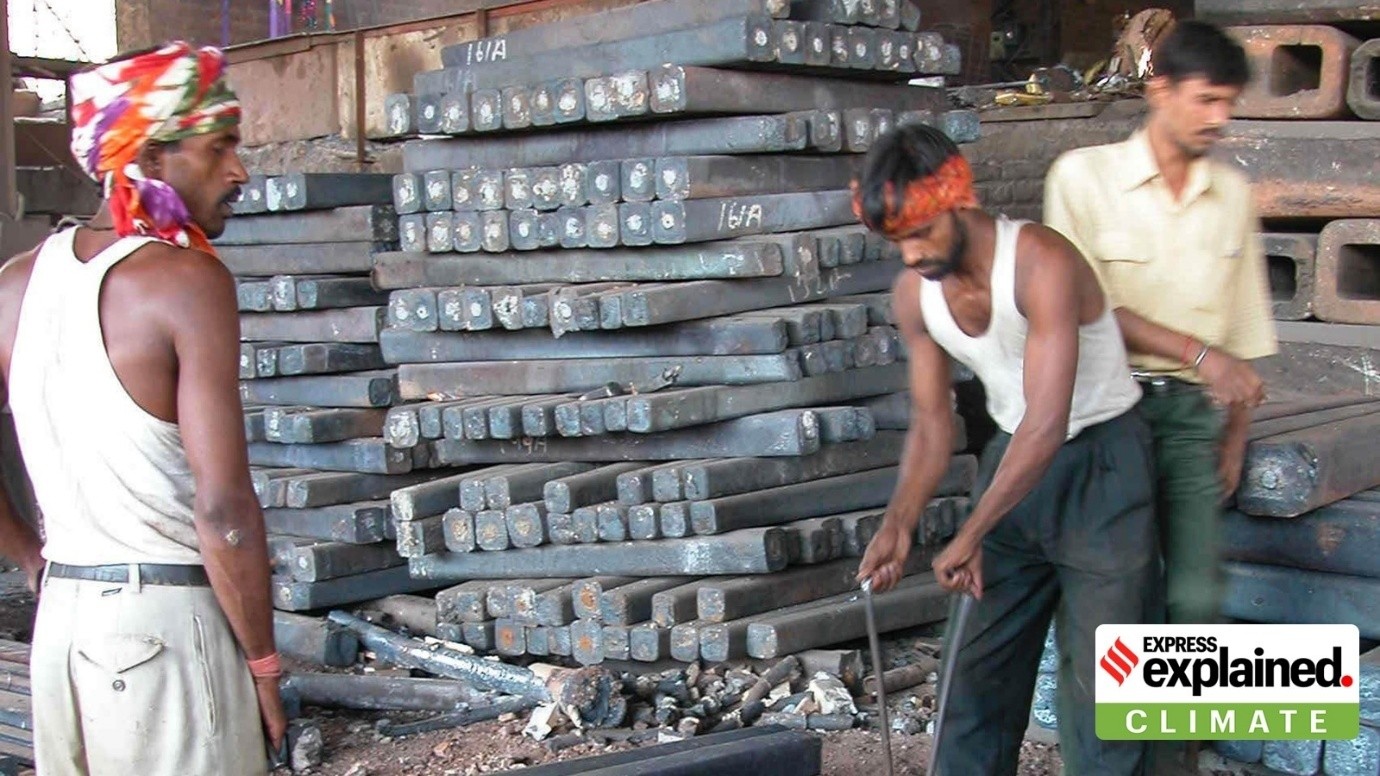Description

Disclaimer: Copyright infringement not intended.
Context
- The World Bank study highlights the uselessness of subsidies given, in context of climate change.
- Subsidies given for Agriculture, fossil fuel, fishing could be inefficient and have negative consequences for environment.
Other Details
- If calculated in monetary terms, around the globe, these subsidies are in excess of $7 trillio
- It is more than 8% of the global GDP.
Subsidy Burden
Global
- In agriculture to support specific crops growth - Explicit input subsidies in the range of $635 billion to $1 trillion per year.
- Fisheries sector - 4 billion dollar per year and most of it contributes to overfishing.
- Fossil fuel - $577 billion annually to incentivise the use of fossil fuels
India’s Burned
- Fertilizer subsidies – 1,63,973 crore ruppes during 2022-23
- Fossil fuel subsidies - 60,316 crore rupees in FY 2022
- Fishing subsidies – 277 million USD for small farmers in 2018 (less compare to other European nation)

Concerns related to Subsidies
- Increasing pollution due to excessive use of fossil fuel
- In 2021, $577 billion were spent globally to incentivise the use of fossil fuels such as oil, gas, and coal. These measures amounted to incentivising the overuse of fossil fuels.
- It is responsible for polluting environment in middle-income countries
- More health Burden like 7 million premature deaths due to increasing air pollution
- Poor demographic dividend
- In previous 3 decades, 17% of all nitrogen pollution in water is attributed to these subsidies.
- Overfishing leading to depleting fish population and may result into loss of biodiversity and a threat to food security.
- Agricultural subsidies cause 14% of global deforestation every year.
- More money is spent in subsidising consumption of fossil fuel and less, as much as 16% of these fossil fuel subsidies, on achieving the target agreed in Paris climate deal.
- Limited effectiveness of initiative to reduce the use of polluting fuels.
- Surging demand for energy and expensive renewable energy alternatives.
Must read Article:
Subsidy
https://www.iasgyan.in/daily-current-affairs/subsidy
Way Ahead
- The study suggests that instead of giving these to bail out economies, they should be diverted to finance and support other sustainable activities. For instance–
- For transitioning to green economy and energy activities
- To Provide a better quality of life for people.
- To ensure Availability, accessibility and affordability of clean energy.
- Focus also should be on transfer of energy technology and related information.
- To enhance capacity building for a green economy.
- To change behavioural component and promoting the clean energy through various campaigns.
Positives of removing subsidies
- It will not harm the people in bottom these subsidies mainly help already wealthy farmers, not poors.
- For Example, in Malawi and Tanzania, top pay US$5 to the top 20% are paid 5 times more than the bottom 20%.
- Can promote a green and just transition for a sustainable living.
- Help in focusing and improving on health, education, employment and other living conditions for poor.
- Help in keeping the pollution in check,
- Help in flourishing biodiversity and related ecology.
- Increasing price of fossil fuel may lead to decrease in concentration of polluting substance PM 2.5.
- For eg. US$0.10 per liter increase may lead to decrease of PM 2.5 in capital cities, to the tune of 2.2 μg/m3 annually.
Must read Article:
Sustainable development
https://www.iasgyan.in/daily-current-affairs/sustainable-development
Air Pollution
https://www.iasgyan.in/daily-current-affairs/air-pollution
|
PRACTICE QUESTION
Highlighting the Agriculture, Fishing and Fosil fuel subsidy burden of India and world. Discuss its implications for environment and suggest measures to curb the negative consequences. (250 words)
|

https://www.downtoearth.org.in/news/climate-change/subsidies-don-t-help-fight-climate-change-world-bank-report-finds-90064











